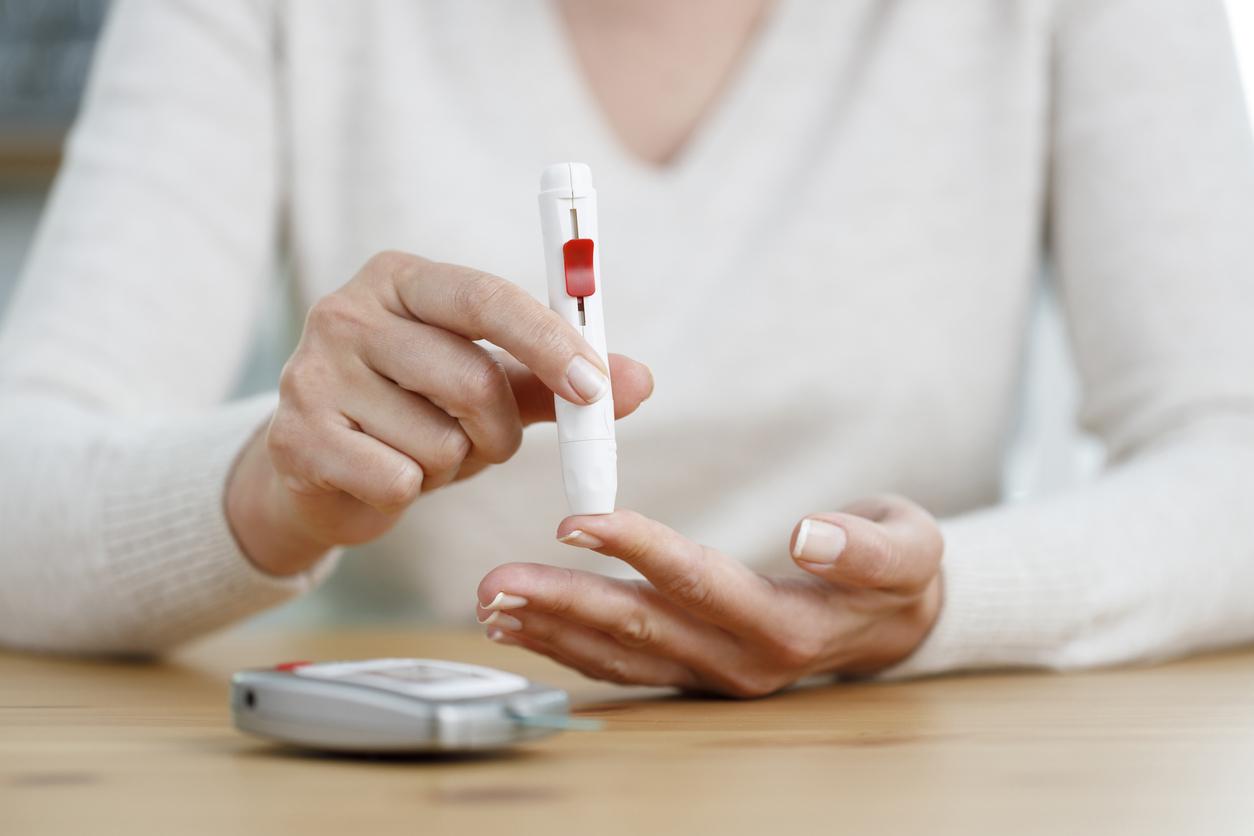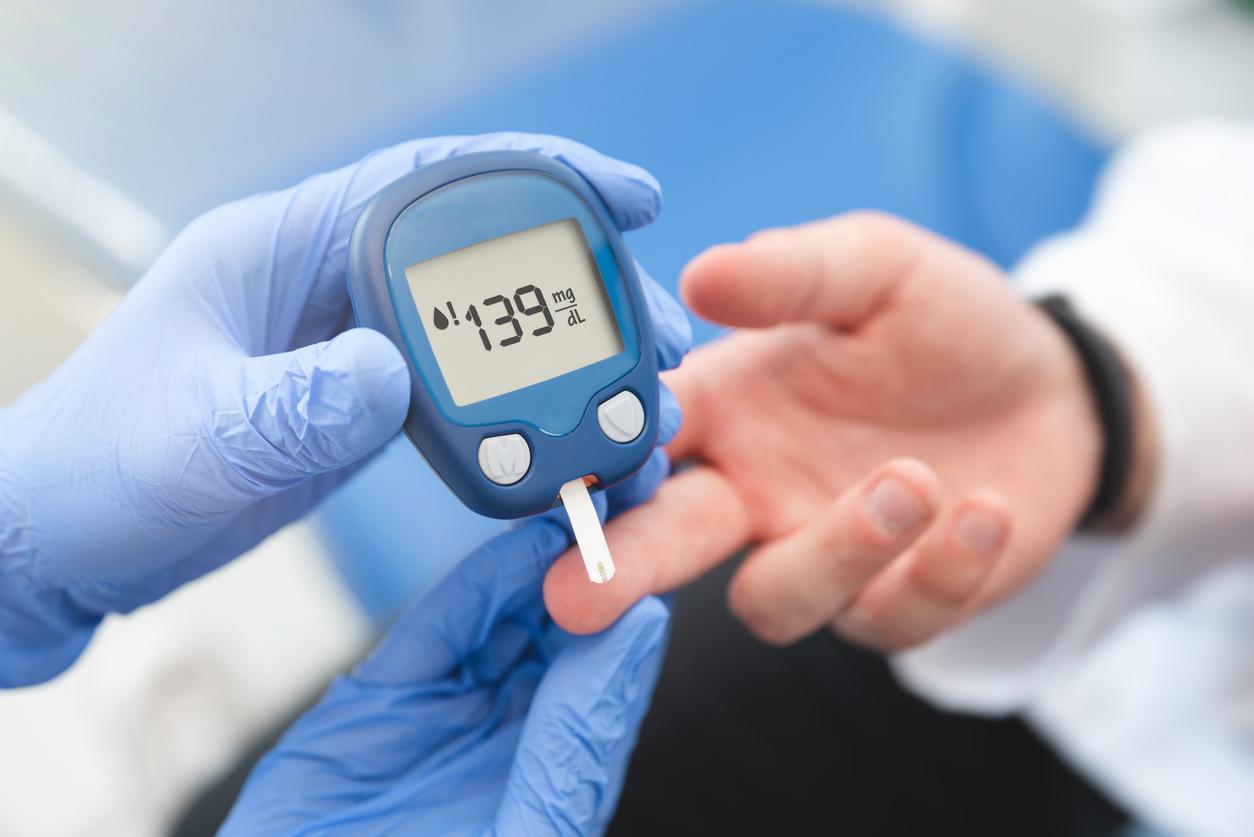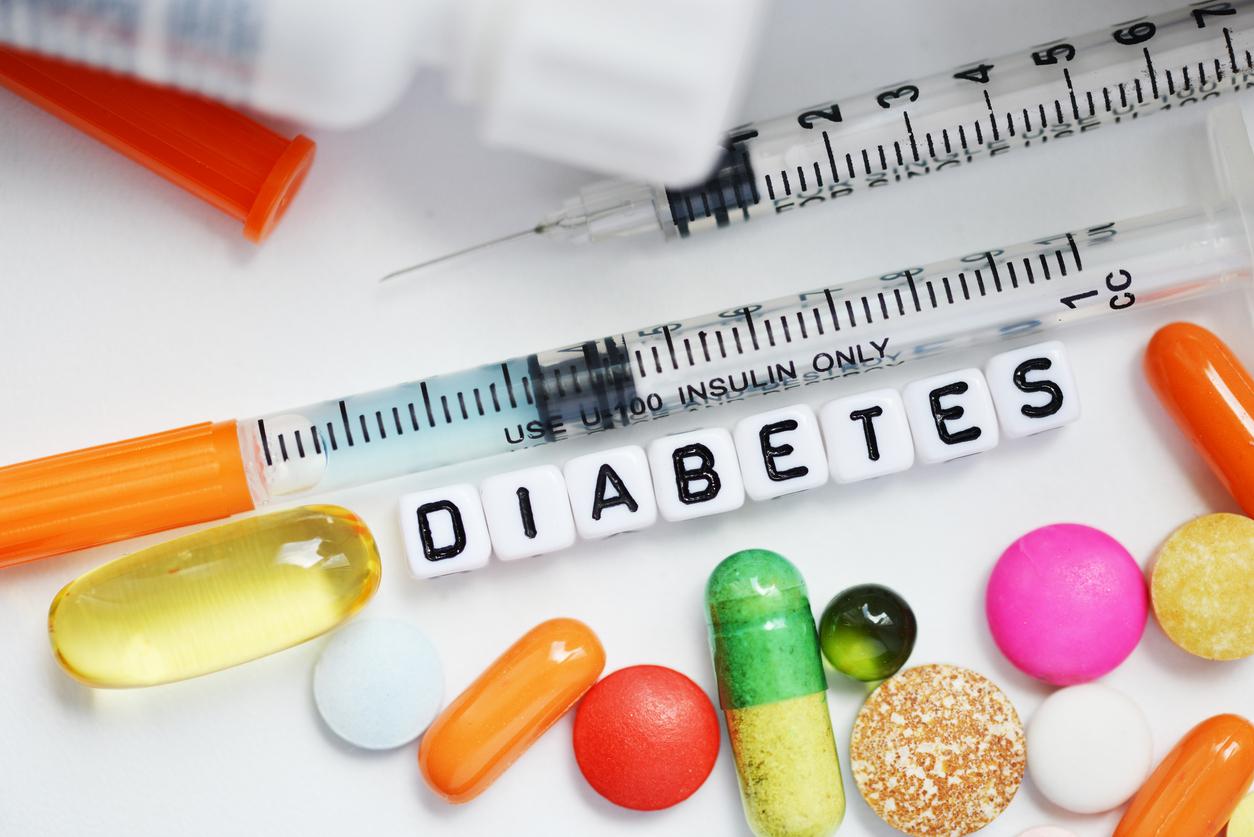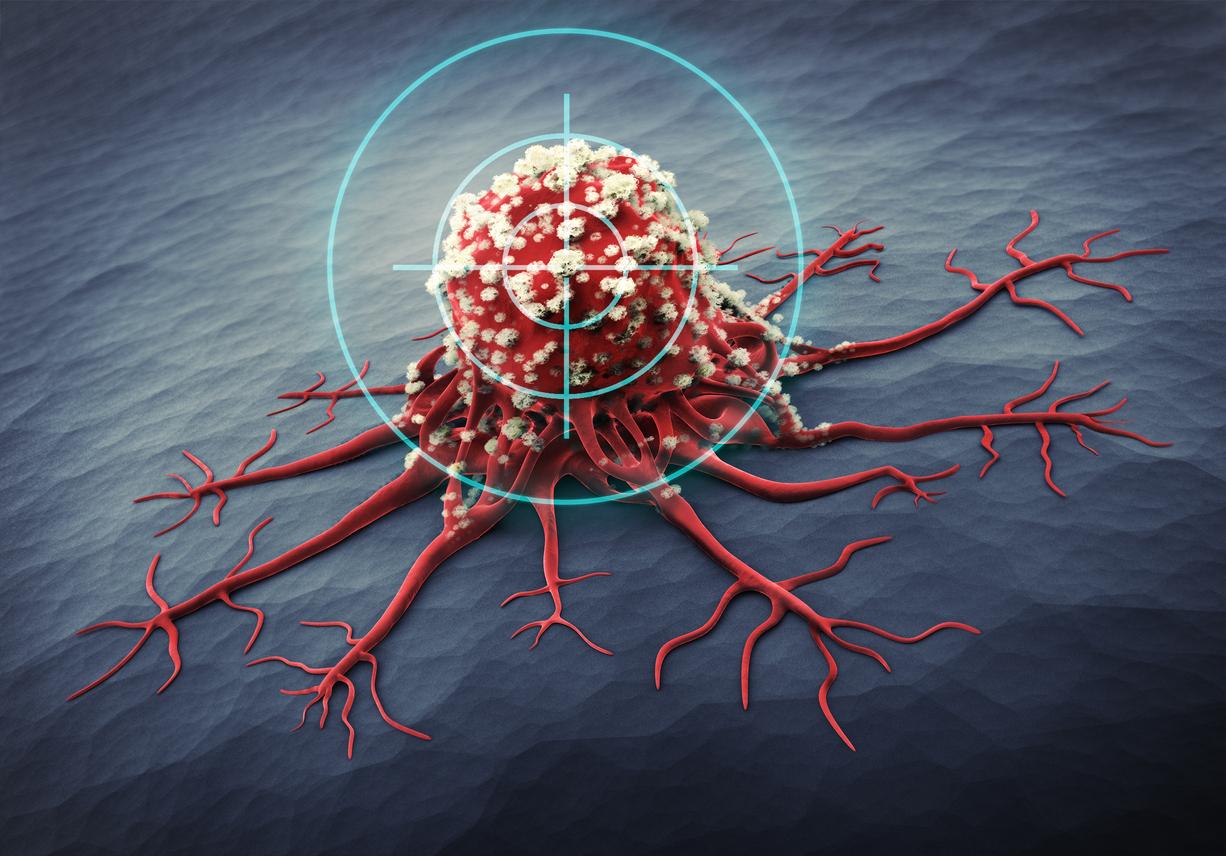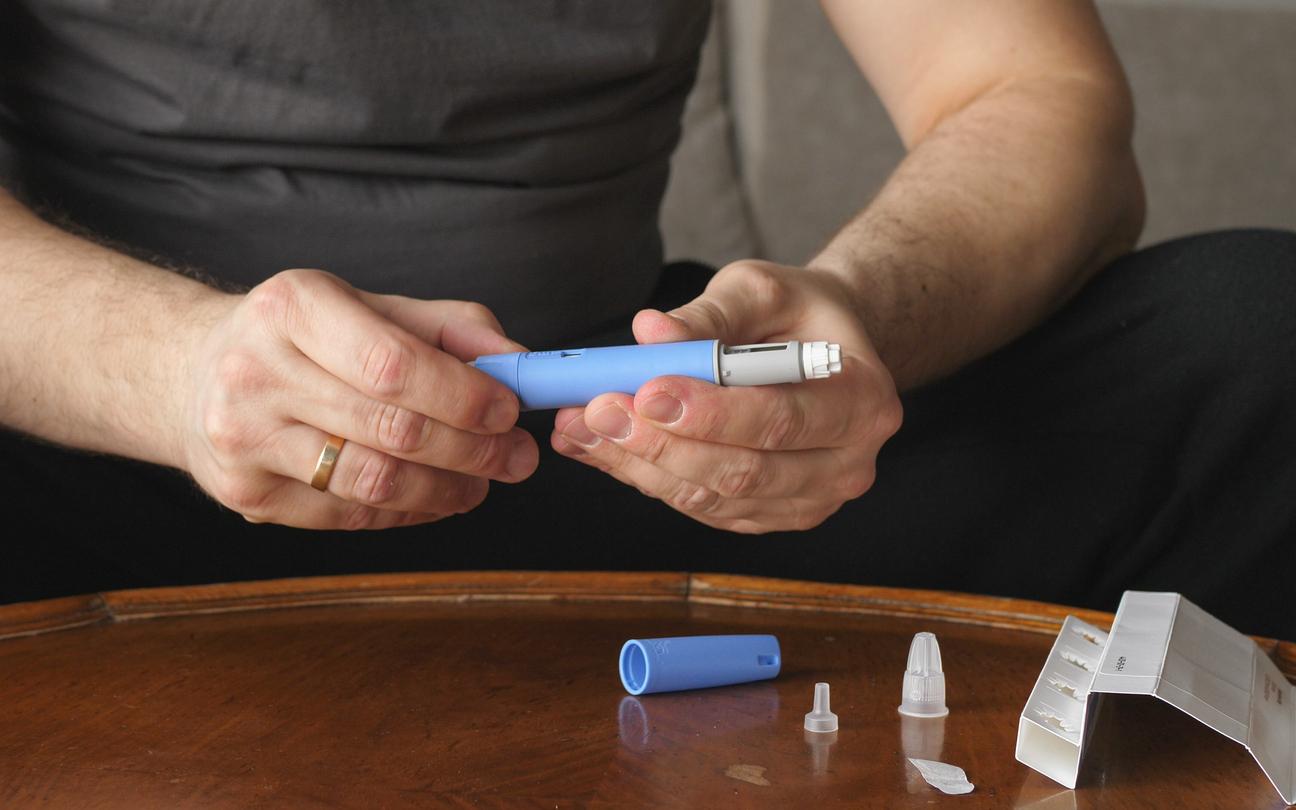A team of Canadian researchers has observed that taking oral insulin tablets may be as effective as a rapid injection of insulin for patients with type 1 diabetes.

- Type 1 diabetes affects nearly 10% of people with diabetes
- A team from the University of British Columbia decided to develop orally ingested insulin tablets to replace insulin shots
Diabetes is a chronic disease characterized by excess sugar in the blood (hyperglycemia). This pathology can take two forms: type 1 diabetes caused by a lack of insulin secretion by the pancreas and type 2 diabetes which results in poor use of insulin by the body’s cells.
The treatment of diabetes consists of maintaining a good nutritional balance, practicing regular physical activity and, above all, following drug treatments. Generally, type 1 diabetic patients take an insulin injection before meals to regulate their blood sugar.
Conclusive results on rats
However, daily injections of insulin can be bothersome and restrictive for people affected by type 1 diabetes. Faced with this observation, a team of the University of British Columbia (Canada) therefore decided to develop insulin tablets to be taken orally. They therefore carried out various tests on rats and discovered that the latest version of their drugs is absorbed in the same way by rodents as injected insulin. Their work has been published in the journal Scientific Reports.
During the first attempts to develop the tablets, a large part of the insulin accumulated in the stomachs of the rats. From now on, 100% of the insulin contained in these drugs is found directly in their liver. “Even after two hours of administration, we found no insulin in the stomachs of the rats we tested. It was all in the liver, and that’s the perfect target for insulin. That’s really what we wanted to see”explained Yigong Guo, doctoral student and first author of the study, in a communicated.
Human trials are needed
According to the researchers, the majority of insulin tablets that are still in the experimental stage release insulin slowly over two to four hours, while injected rapid-release insulin can spread through the body within 30 to 120 minutes. “Like rapid-acting injectable insulin, our oral tablet is absorbed after half an hour and can last two to four hours.”said Dr. Baldelli, one of the researchers.
The research team also designed another type of insulin tablet that dissolves when placed between the gum and the cheek. This technique brings insulin directly to the liver without it being wasted or broken down.
“These exciting results show that we are well on the way to developing an insulin formulation that no longer needs to be injected before each meal, improving the quality of life as well as the mental health of more than nine million people with type 1 diabetes. 1 in the world”, said Professor Anubhav Pratap-Singh, head of the study and the scientific team at the University of British Columbia. For the time being, oral insulin tablets must be tested in humans to verify their effectiveness.











